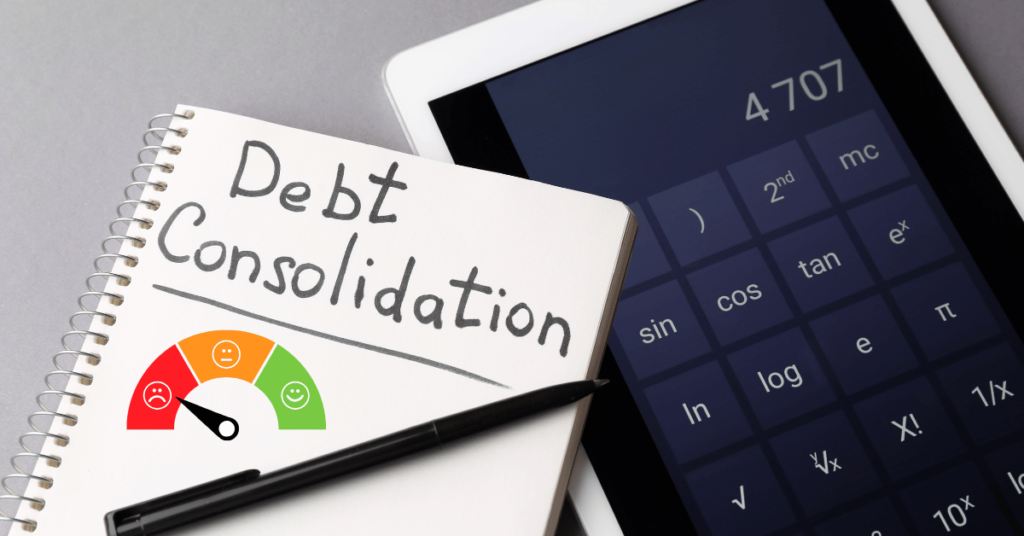Medical debt can be overwhelming, especially if you face unexpected healthcare expenses. Fortunately, various loan options can help you manage and pay off this debt. In this article, we will explore the different types of loans available for paying off medical debt, their pros and cons, and tips for choosing the right option for your situation.
Understanding Medical Debt
What is Medical Debt?
Medical debt refers to the amount owed for healthcare services that are not covered by insurance or that exceed your coverage limits. This can include hospital stays, surgeries, doctor visits, and prescription medications.
How Common is Medical Debt?
According to a study by the American Journal of Public Health, nearly 1 in 3 adults in the U.S. struggle with medical debt. Many individuals find themselves in this situation due to high deductibles, co-pays, or unexpected medical emergencies.
Types of Loans for Paying Off Medical Debt
1. Personal Loans
Personal loans are unsecured loans that can be used for various purposes, including paying off medical debt. They usually have fixed interest rates and terms.
Pros:
- Quick access to funds.
- Flexible use for any type of debt, including medical expenses.
- Fixed monthly payments.
Cons:
- Interest rates can be high, especially for those with lower credit scores.
- May require good credit for the best terms.
2. Medical Credit Cards
Medical credit cards are specifically designed for healthcare expenses. They often offer promotional periods with low or no interest if paid within a certain timeframe.
Pros:
- Can cover a wide range of medical expenses.
- Often come with deferred interest options.
Cons:
- High-interest rates if the balance isn’t paid off within the promotional period.
- Can lead to increased debt if not managed carefully.
3. Home Equity Loans or HELOCs
If you own a home, you might consider a home equity loan or a home equity line of credit (HELOC) to pay off medical debt. These loans allow you to borrow against the equity in your home.
Pros:
- Generally lower interest rates compared to personal loans.
- Interest may be tax-deductible (consult a tax professional).
Cons:
- Risk of losing your home if you can’t make payments.
- Closing costs may apply.
4. Credit Union Loans
Credit unions often offer personal loans at lower interest rates than traditional banks. If you’re a member of a credit union, you may have access to these favorable terms.
Pros:
- Lower interest rates and fees compared to banks.
- More personalized service.
Cons:
- Membership may be required.
- Limited to those who qualify for membership.
5. Payment Plans
Many healthcare providers offer payment plans that allow you to pay off your medical bills over time, often without interest.
Pros:
- Directly negotiated with your healthcare provider.
- Flexible repayment options.
Cons:
- May still require a credit check.
- Not all providers offer payment plans.
Choosing the Right Option
When selecting the best loan option for paying off medical debt, consider the following:
Assess Your Financial Situation
Evaluate your total medical debt, monthly income, expenses, and credit score. This information will help you understand what loan options are available to you.
Compare Interest Rates and Fees
Look for loans with the lowest interest rates and fees. Even a small difference in rates can significantly impact your overall debt repayment.
Understand the Terms
Carefully read the loan terms and conditions. Make sure you understand the repayment schedule, interest rates, and any potential penalties for missed payments.
Seek Financial Counseling
If you’re overwhelmed by medical debt, consider speaking with a financial counselor who can help you explore your options and create a repayment plan tailored to your situation.
Conclusion
Paying off medical debt can be challenging, but various loan options are available to help you manage your expenses. By understanding the different types of loans, their pros and cons, and your financial situation, you can choose the best option for your needs. Remember to compare rates, read the fine print, and seek professional advice if necessary. Taking control of your medical debt is an essential step toward achieving financial stability.
If you have any questions feel free to comment down below. We are always here to guide you!
FAQs
1. Can I use a personal loan to pay off medical debt?
Yes, personal loans can be used to pay off medical debt, providing you with a lump sum to settle your bills.
2. What is a medical credit card?
A medical credit card is a credit card designed specifically for healthcare expenses, often with promotional interest rates for a limited time.
3. Are there loans specifically for medical bills?
Yes, many lenders offer personal loans specifically aimed at helping individuals pay off medical bills.
4. How can I qualify for a loan to pay off medical debt?
Qualifications typically include a good credit score, stable income, and the ability to repay the loan. Some lenders may consider your overall financial situation.
5. What should I do if I can’t afford to pay off my medical debt?
Consider contacting your healthcare provider to discuss payment plans, seeking financial counseling, or exploring loan options tailored to your needs.




